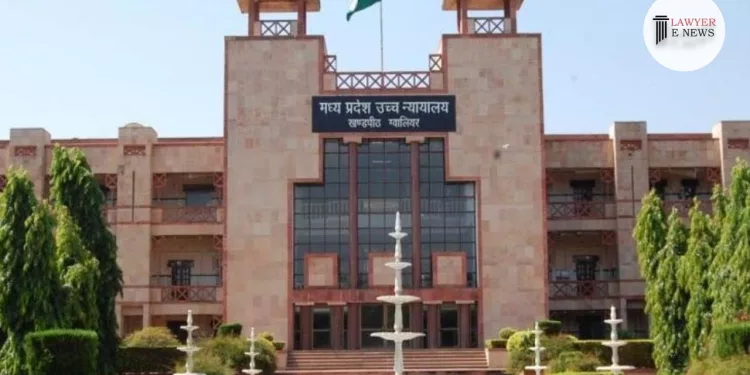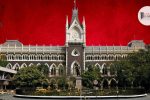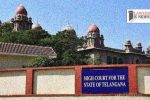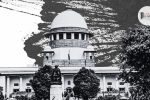MP High Court Denies Recognition to Splinter Bar Association, Emphasizes “One Bar, One Place” Policy

Madhya Pradesh High Court affirms State Bar Council’s decision to reject recognition for the High Court Advocates Bar Association, Jabalpur.
In a significant ruling, the Madhya Pradesh High Court has upheld the decision of the State Bar Council to deny separate recognition to the High Court Advocates Bar Association, Jabalpur. The court emphasized the principle of maintaining a single bar association per court campus to ensure streamlined administration and avoid factionalism.
The writ petition No. 7551 of 2016 was filed by the High Court Advocates Bar Association through its Secretary, challenging the order dated February 5, 2018, by the Bar Council of Madhya Pradesh. The petitioners sought recognition to avail benefits of welfare schemes launched by the Bar Council of India and the State Bar Council. However, the Recognition Committee had rejected their application, citing policies that permit only one bar association per high court campus.
Credibility of “One Bar, One Place” Policy:
The court supported the “One Bar, One Place” policy, highlighting its importance in maintaining order and unity within the legal fraternity. Justice Vivek Agarwal noted, “The integration of the bar into a single class of legal practitioners known as advocates, with only a division based on merit, is a fundamental principle”.
The petitioners argued that their association had significantly contributed to the welfare of advocates and organized numerous legal educational events. They contended that their efforts and investments should warrant recognition. However, the court observed that all members of the petitioner association were also members of the recognized High Court Bar Association or the District Court Bar Association, thus already availing the welfare schemes.
The court extensively discussed the principles governing the recognition of bar associations under the Advocates Act, 1961, and the Adhivakta Kalyan Nidhi Adhiniyam, 1982. It reaffirmed that the aim of these statutes is to promote unified bar associations to effectively implement welfare schemes. “The purpose of a Bar Association mainly revolves around seeking the implementation of welfare schemes for advocates,” the bench stated.
Justice Vivek Agarwal remarked, “Granting recognition to a parallel body without any substantial justification would undermine the unity and effective administration of the bar”.
The High Court’s decision to uphold the State Bar Council’s order underscores the judiciary’s commitment to maintaining a unified bar association structure. This ruling reinforces the principle that the existence of multiple associations within the same court campus is not conducive to the legal profession’s collective welfare. By affirming this policy, the judgment aims to prevent unnecessary fragmentation within the bar, ensuring that welfare schemes and resources are optimally utilized.
Date of Decision: May 3, 2024
High Court Advocates Bar Association vs. Bar Council of India & Others






